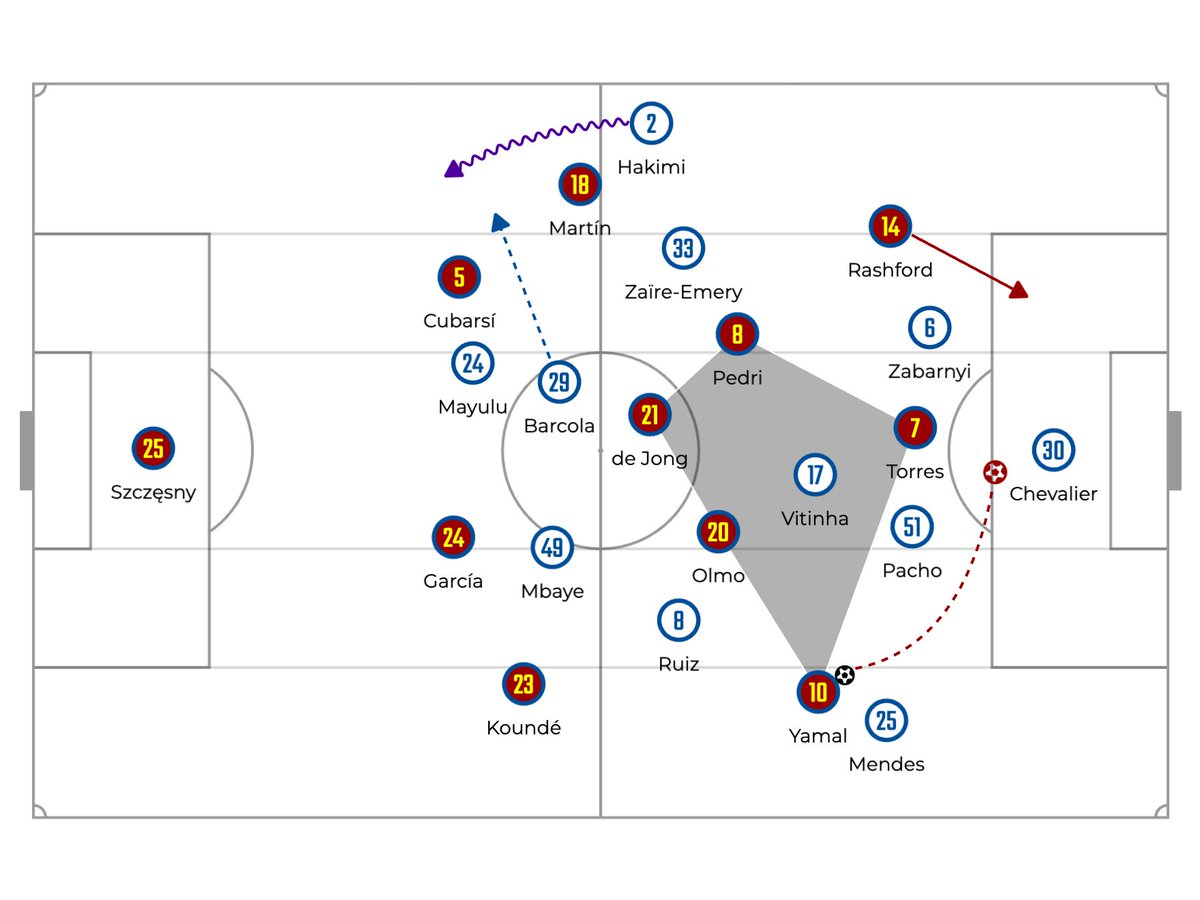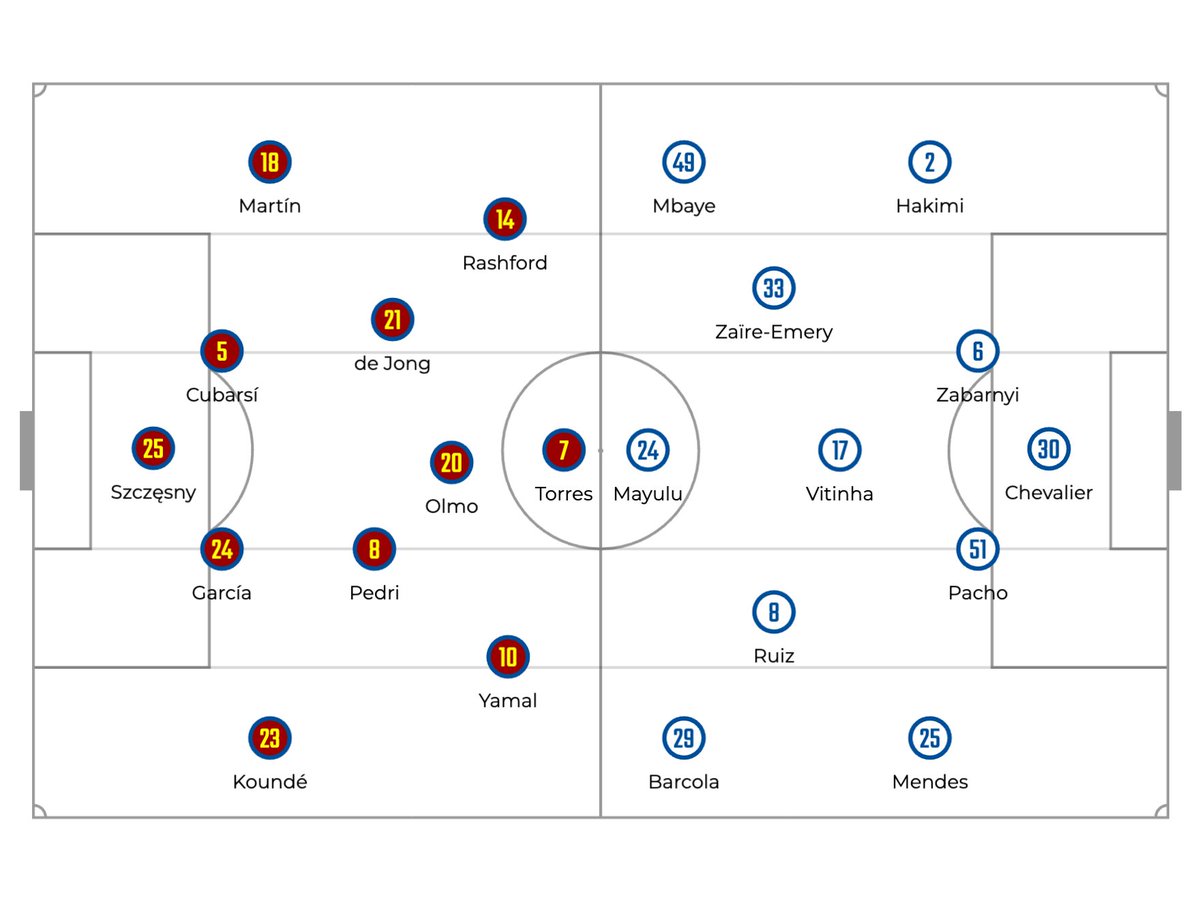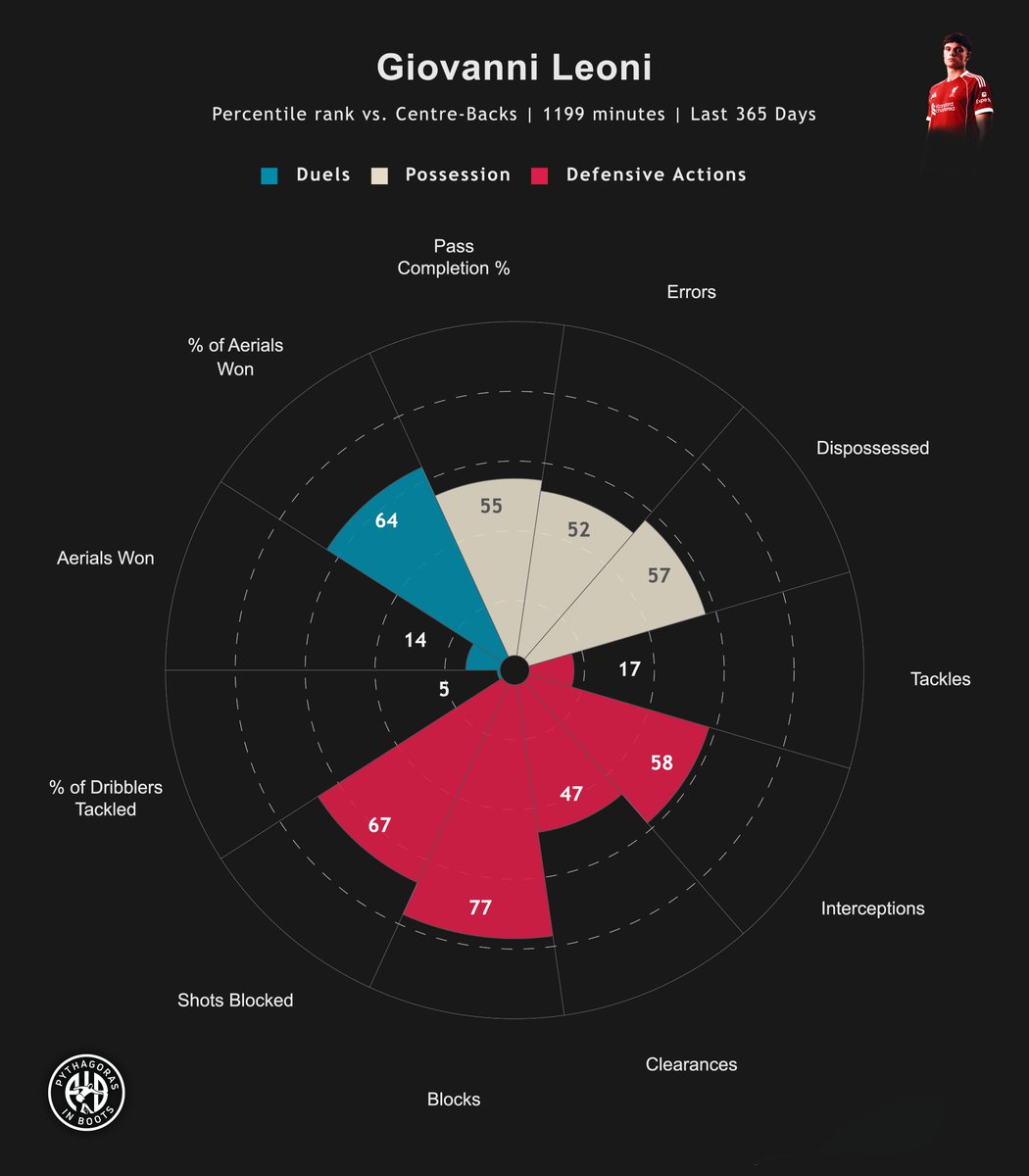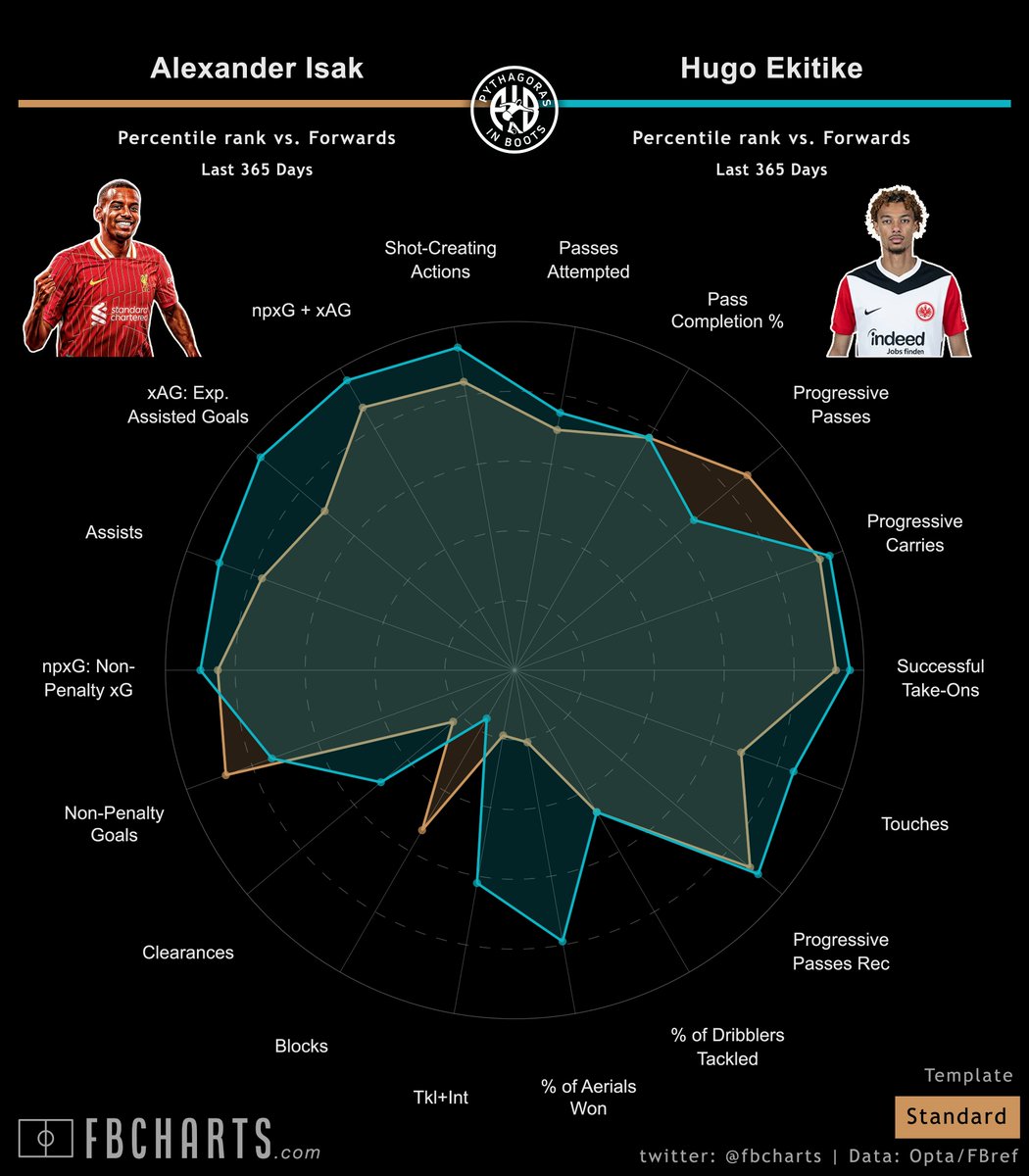An intriguing feature of #EURO2020 is how teams adapt their pressing strategy depending on the game state.
Teams rarely stay as a low block or press like mad men all game.
Here is a look at #ITA defensive actions heat map in different stages of their QF v Belgium.
[THREAD]
Teams rarely stay as a low block or press like mad men all game.
Here is a look at #ITA defensive actions heat map in different stages of their QF v Belgium.
[THREAD]
In the first 15 minutes, the Italians keep it tight with the focus on keeping KDB quiet - the opposition dangerman. 
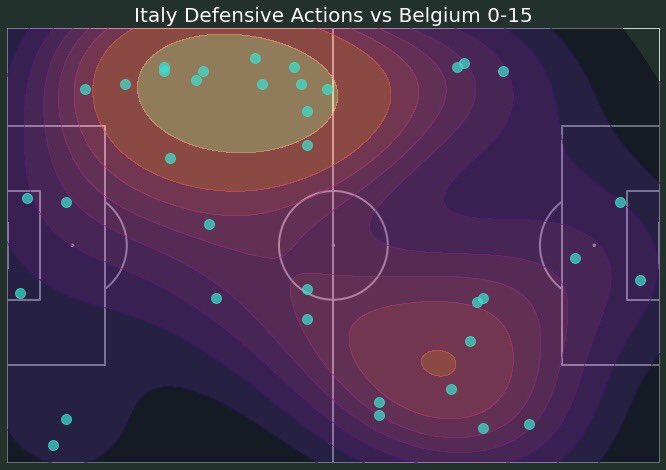
There is a slight attempt now to win the ball higher up the pitch but most of the action takes place in their penalty area - suggests a lowish block and inviting pressure. 

KDB is fading in influence and most of the play seems to be coming through the flank involving Doku. Most of Italy’s defensive work is taking place down this flank.
Winning the ball closer to centre circle - suggests Italy are coming out to play.
Winning the ball closer to centre circle - suggests Italy are coming out to play.

All play runs the same way.
Italy are now winning the ball in the opposition area and targeting likes of Meunièr in possession. The aggressive press of Italians is now on show and they don’t want the Belgians getting confident after Lukaku goal before HT.
Italy are now winning the ball in the opposition area and targeting likes of Meunièr in possession. The aggressive press of Italians is now on show and they don’t want the Belgians getting confident after Lukaku goal before HT.

Belgium are pushing for an equaliser but Italy are also giving it as good as they get. Doku still Belgium danger man and most of the attacks Italy are stopping comes down this flank. Italy still trying to win ball high up pitch down Belgium’s right where possible. 

Last 15, it is all Belgium now and the Italians go into Catenaccio mode and literally close the gate and put up a low block trying to see out then result.
Minimal winning of the ball in the opposition half.
Minimal winning of the ball in the opposition half.

A big thank you for our colleague @footyanalytica pulling together this data vis - hope to get more out for the run in to the final and in the upcoming season.
• • •
Missing some Tweet in this thread? You can try to
force a refresh


